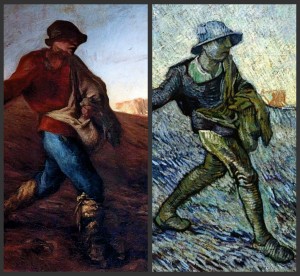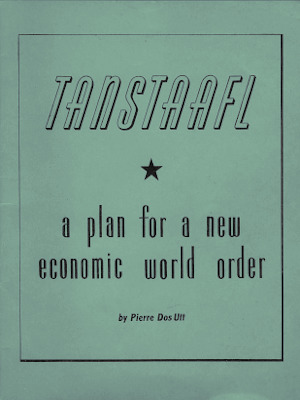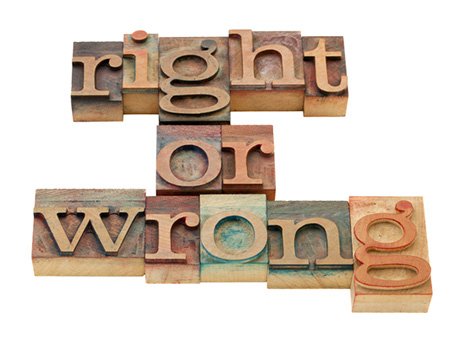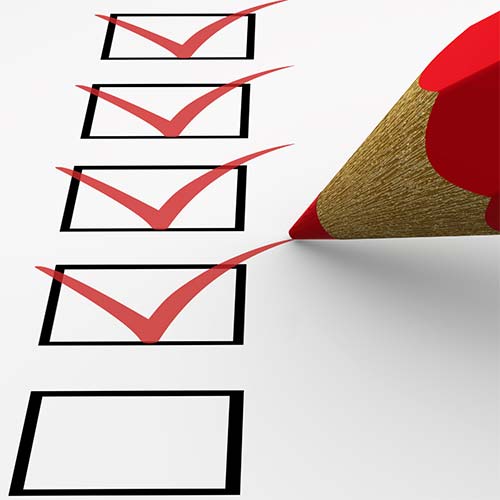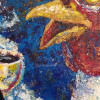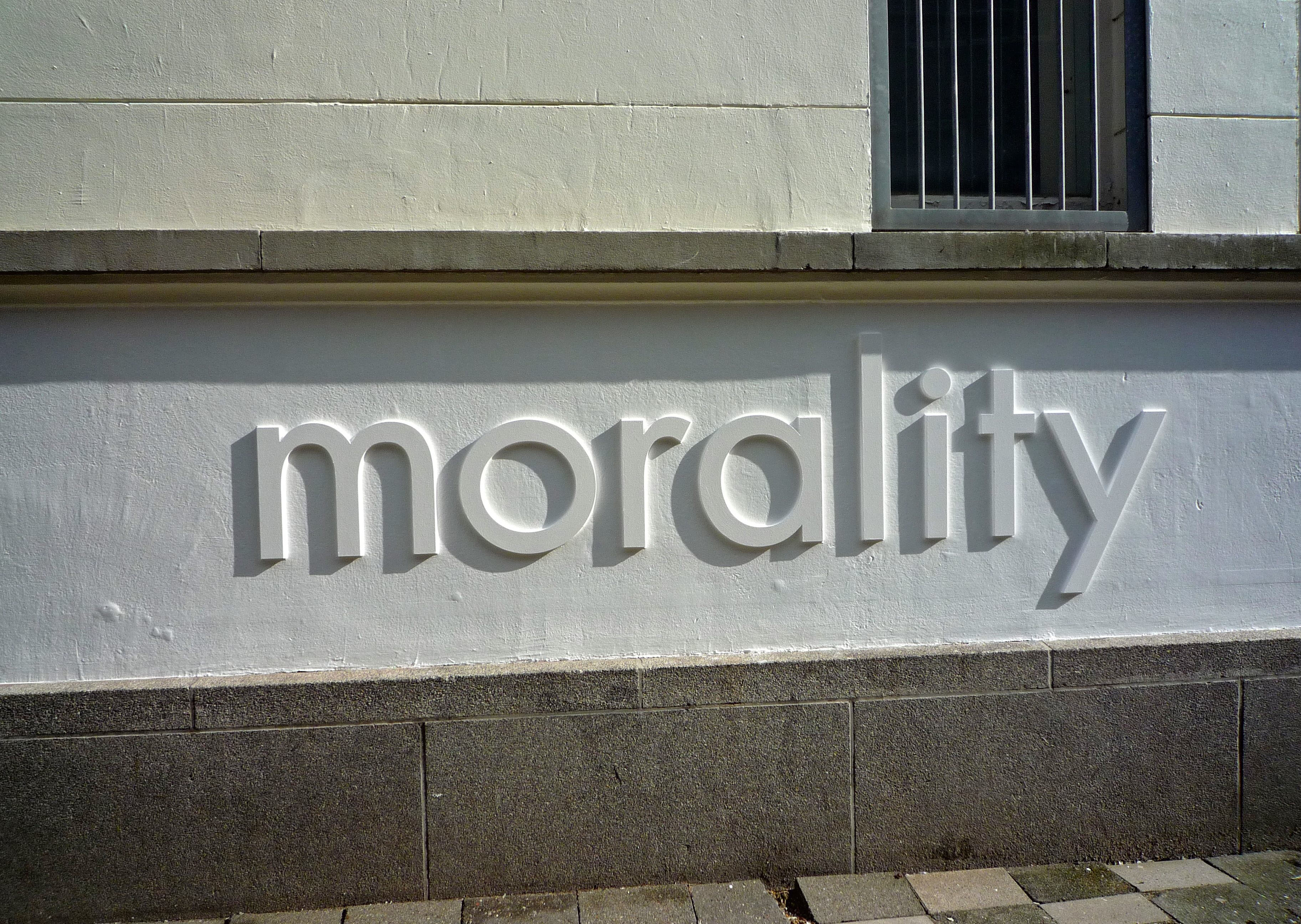
Let’s face it, it’s about capitalism. If you get a chance to earn a buck or two doing nothing then most folks would jump at the chance. What would sit on the minds of many people is the morality in their act.
“It’s discouraging to think how many people are shocked by honesty and how few by deceit.”
~ Noël Coward
When this actionable morality check comes into affect regarding the art world, we have a great new spin on it. Especially with the increase use of the internet as a life line to many artists. A century ago a famous artist (Vincent Van Gogh) had a moral dilemma. Whether to stay with his conviction to the church and preach the word of God to the poor and destitute coal workers, or to give that all up for a life of passion and creativity. His hart taught him the correct path, and regardless of his economic status, stayed committed to practicing and passionately delivering his art to the world. We all know the story; Vincent only managed to sell one image in his life, but stayed true to his creativity. Worth noting at this point that Van Gogh was occasionally under the influence of a little plagiarism of his own, as we can see in his exploration of an image for the “Sower”, which bares a striking resemblance to Millet’s own sower. But that said, it would typically fall under the derivative category in any law claim.
The one saving grace in Van Gogh’s defence is that without any prior skill and knowledge in the arts, this would not have been possible. As there was no computer technology to help the matters of being able to manipulate other’s works. And this is where the crux of the matter falls. The single most destructive aspect to the world of creativity (as well as the double edge sword view of being also a powerful tool), is the computer and technology. For many an artist life on the internet is a life line. Reaching markets, audiences and followers on a grander scale that a local aspect could predict. After all, the days of patrons seems to have died in the art field, unless in the elite circles. So, the internet like the computer becomes a double edge sword, and with anything that has two sharp edges of a viewpoint comes a morality issue. A simple case is: “Do I use computer or draw traditionally?” To many, and that includes myself, the computer has enabled a great transition into a method that exacts the same look and quality of hand drawn artworks, but at half (or less) the time of doing by hand.
What then becomes a problematic aspect, and again, something Van Gogh had issues with, was dealing with the rest of the world. The internet has many benefit, but also has many flaws. The flaws are fuelled by the inadequate and unseen legislation that governs the expansive and corruptible internet traffic. Such laws set out to protect people in the original Statute of Anne, have long become archaic remnants when honesty and abidance to the law where set in moral fibres. This was changed in the eighties with the DMCA laws, but then again, this was a cover to help large enterprise keep their riches in favour to the common small artist. So, the anonymity of the web and it’s global expanse has created a moralises society. A culture that in it’s own evolution has created self developing laws that make morality a non-issue. To many, (not pointing fingers) Google image searches are a free service that even extends to believing that the plethora of images showing in the results are all also free. Many fail to act on seeing the additional tools that allow to search for free images, and see the images set with watermarks as hindrance to their goal. Which is to get something good for free.
“There ain’t no such thing as a free lunch“
Even that expression started a movement to galvanise a plan to improve economic growth. However, it probably didn’t account for a great deal of the arts. To many, the arts is an institution that somehow people believe is accessible in some manner. If you can’t pay for it, you can find it in some other form for free. Let’s face it, we have all done it! However, the notion of this value probably emirates from the lack of respect the subject has in schools. Taught as a tertiary subject and given no wait in qualifications nor the famed “Three R’s” status that is a biding aspect of good education. So, people who have no aptitude nor skill in arts don’t actual question the need to train oneself, to be good at something. Instead it has become, to a lot in the technology epoch, a Sunday activity, or a side line to gain extra dollars. And unlike any other given career to which must be paid years of learning, study and sweat, the arts in some fields is simply a purchase of a cheap PC and a copy of Photoshop and nothing more. To round this more toward what the aim of the post is about. When these folks who have their computers on and get hooked up to the web, and then realise on opening Photoshop that they are faced with a blank canvas, have that double edged sword waving in front of them when not a single inspiration idea comes into their head regarding creativity. So, the evils of the web and the lawless society save them.
The laws that are there to protect or give some morality to the world of art have been misread and misused, or in some cases need a good rewrite in the modern age. This is an opinion from this point, so as I am entitled to that, there should be no recourse in what I say. The Public Domain laws came into affect in the mid-18th century, and can even be traced back to Roman times. Very few changes have been made and these laws also very in different countries, but wholly free up obligation to copyrighted material. The 1998 Act extended these terms to life of the author plus 70 years and for works of corporate authorship to 120 years after creation or 95 years after publication, whichever endpoint is earlier[1]. But generally it’s 50 years after they have died. In 2001 a new marker to equal the © was initiated. This was the Creative Commons licenses. These were aimed to allow some amount of publicity for artists who needed to get their names known. Today, this has challenged the state of art in a commercial sense by allowing the misuse of the licenses (I am at present trying to get an interview with the founders to square the matter). When the license states ‘Free from attribution and allow commercial use’, I believe this is intended to mean that if an image can be utilised in another artwork/design; such as a brochure, poster, etc, then it is permissible to do so. Where I feel the misleading aspect is, is that people are now scouring the web in their state of uncreative despair and using that vagueness in the terminology as a license to make money from the actual original art. There are many sites for poster art that are being splattered with PD and CC0 artworks in an attempt to give uncreative people an edge to make money over people who are qualified, talented and work hard. The morality I believe is obvious to a point here. Taking work and stating it’s your creative work when it’s not, in a community of creative people is wrong! Regardless of how the wording of the license can be twisted.
To conclude, the interpretation is based on understanding. After all, ever sod with no creative juice could class themselves as an artist, and take from the web and make money. Let’s face it, it happens in so many aspects that thinking about it is enough to get a headache, but where does this morality check come in, in these people’s lives. Look at it this way; if you were sitting on a park bench and the person next to you gets up and leaves and later you realise they left a stack of money, well you have choices. Take it and keep quiet, or run after the person, or hand it in anonymously. But if you took it and kept it, it could come back to you and the law could go against you! This is where the morality aspect should be in place when it comes to using things on the internet. If it says you can use it freely, to what extend does your moral obligation lead you to think that word ‘freely’ means?
When it comes to trading on the internet it seems that the moral wagon has gone down the road, and all angles are wide open to let anything go. Its sad, even as a non-religious person who takes great pride in his creative process and time spent learning and even doing his work, to feel that the economic situation drops the guard on that morality check. I would think that if these people who do this type of reselling had a great income from other aspects of their lives then this situation wouldn’t happen. It’s a case of freeloading for selfie gain. I always thought that art was a open, expressive ability about individual expression and desires. Maybe I was wrong all these years? I leave with this quote that seems to support my claim, and opinion.
“If you are a true artist and not a copyist, no matter how much you covet the work of others, what you produce is going to be uniquely yours.”
~ Warren Criswell

